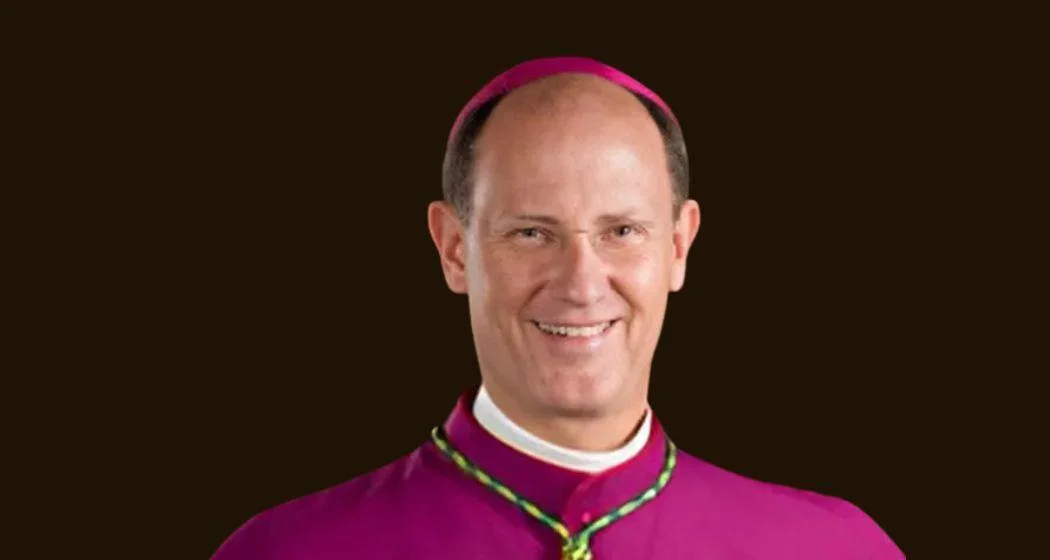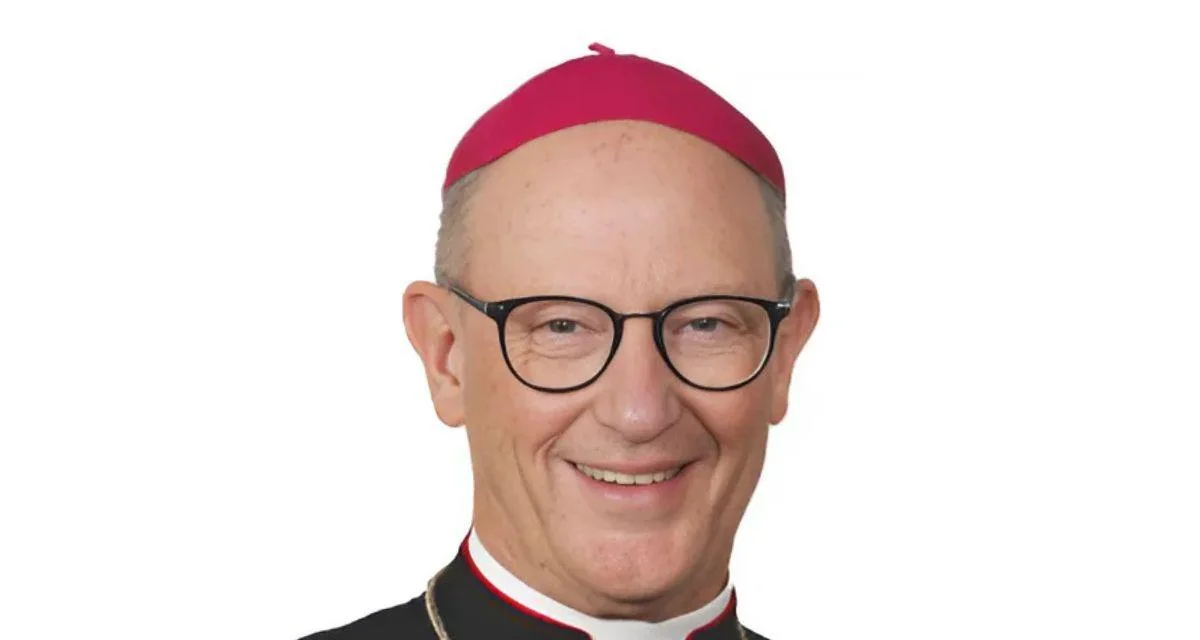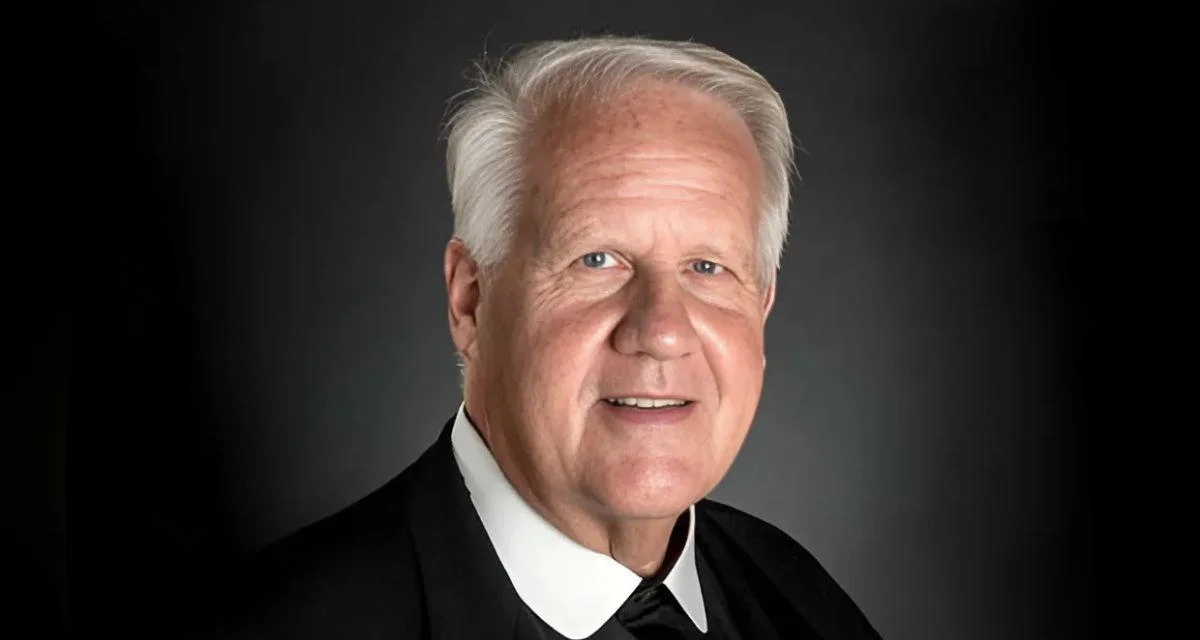
Rev. James D. Conley, D.D., S.T.L. | Diocese of Lincoln website
The relationship between modern psychology and religion has been fraught with contention, especially within the Catholic community. Notable figures in psychology such as Sigmund Freud and B. F. Skinner, both self-described atheists, have significantly influenced the field's approach to understanding human behavior and interpersonal dynamics.
Critics argue that secular psychology has become a rival to religion in Western societies, substituting therapy for confession, personal growth for conversion, and ethics for sin and virtue. They contend that psychotherapy often attempts to replace religion, labeling individuals as mentally ill rather than acknowledging their transgressions against divine law.
Despite these concerns, it is important to remember that this does not encapsulate the entirety of psychology's history. As Aristotle once stated: “The least initial deviation from the truth is multiplied later a thousandfold.” The implication here is that if secular psychology excludes God from the equation of mental health at its inception, it could lead to numerous errors down the line.
However, there is hope from a Catholic perspective. A new vision needs to be established with God at its center. C.S Lewis eloquently expressed this idea when he said: “I believe in Christianity as I believe that the sun has risen, not only because I see it, but because by it I see everything else.”
At IHMCC, we sometimes consider how different the mental health field would be if St. Augustine of Hippo and St. Thomas Aquinas had been key figures in modern psychology instead of Freud and Skinner. These saints would have endorsed scientific methods while maintaining reverence for God and the Catholic faith.
Properly understood and practiced, Catholicism shares common ground with psychology in terms of freedom (not license). The supernatural freedom found in Christ can help liberate us from natural mental health issues.
Dr. Jordan Peterson—a well-known psychologist whose wife converted to Catholicism—has said multiple times that “Catholicism is as healthy as it gets.” Many Catholic mental health professionals agree with this sentiment, aiming to help their clients overcome psychological roadblocks that hinder their ability to love God and their neighbors.
In conclusion, I would like to express my gratitude to Bishop James Conley for his support of those in need of mental health services. Despite the unfortunate errors made by Freud, Skinner, and others with respect to religion, psychology and psychotherapy can be powerful tools for achieving authentic freedom and human formation when viewed through a Catholic lens.



 Alerts Sign-up
Alerts Sign-up